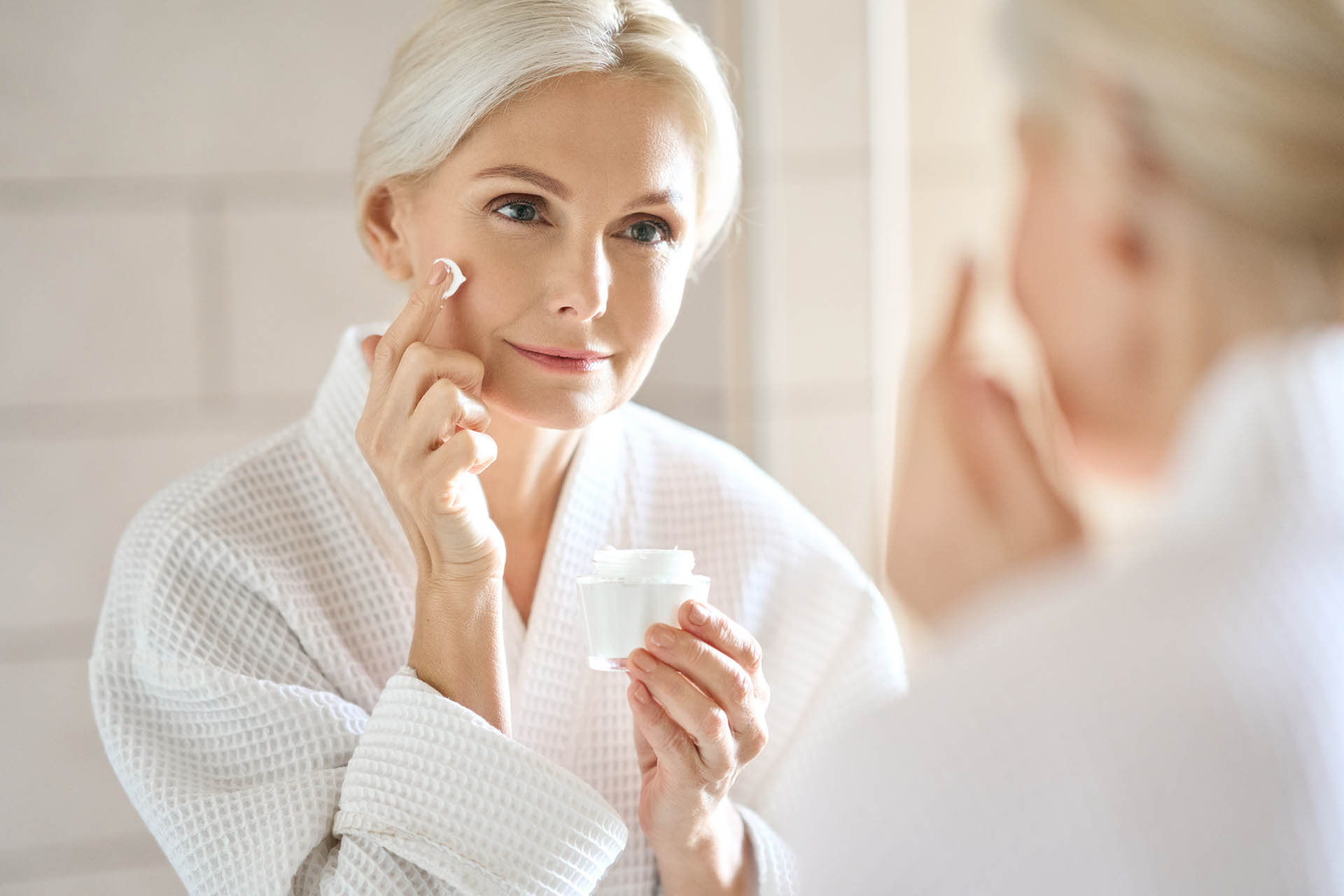In short, no! Here we address some common myths around eye creams, and whether you really need to use one.
What’s so special about eye creams?
Many brands make and recommend a separate eye cream. The arguments for this seem to be:
- a) the skin around the eyes is more sensitive and delicate than the skin elsewhere on the face, therefore requiring a lower concentration of active ingredients, or
- b) the needs of the skin around the eyes are different, requiring different active ingredients.
To be cynical, the real reason is a marketing ploy.
Are eye creams different from products designed for elsewhere on the face?
When we examine the ingredients of many eye creams, often they are no different from those in regular moisturisers or serums. Some are dilute versions of products designed for use elsewhere on the face, and many are just glorified moisturisers with a higher price tag.
What products can I use around the eyes?
If you’re looking to target a specific skin concern such as fine lines or pigmentation, it’s safe to use a product you would use anywhere else on the face around the eye area, such as a retinoid or vitamin C product. However, as the skin around the eyes is a little more delicate, you may be more likely to experience some dryness or sensitivity. To prevent this, start by using a small amount of the product just one to two times per week. If dryness or sensitivity occurs, you can use less of the product, mix the product with moisturiser or apply moisturiser first, or use it less frequently.
What if I want to address a particular concern around the eyes, should I use an eye cream then?
Some products claim to be specifically designed for skin concerns around the eyes like puffiness and dark circles, such as products containing caffeine and peptides. Evidence for these ingredients is limited. If you wish to use them feel free, but for most people they are not an essential part of a skincare routine, and as much benefit could be achieved by using your regular skin products.





